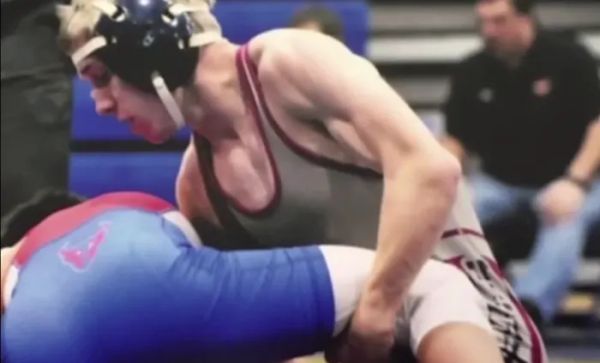
A recent incident involving a high school wrestler from Colorado has sparked conversation and debate about sports, gender, and personal beliefs. Brendan Johnston, an 18-year-old senior from Classical Academy, made headlines when he decided to forfeit two state tournament matches against female opponents due to his religious and personal convictions.
In his first-round match, Brendan withdrew from competing against Skyview High senior Jaslynn Gallegos. And in his third-round consolation fight, he ended his high school wrestling career by forfeiting against Valley High junior Angel Rios. While these decisions may have been surprising to some, Brendan explained that they were driven by concerns about the physicality and aggression of wrestling women.
“I have my reasons,” Brendan said. “For me, wrestling women goes against my beliefs and personal experiences. I believe that men and women are different and should be handled as such. This doesn’t mean that I demean female wrestlers or undermine their equality. It’s simply a matter of respecting our differences.”
His decision to step back from these matches raised questions and highlighted the importance of acknowledging personal choices while also addressing gender-related issues in sports. Brendan’s actions have initiated a broader conversation about how to navigate these sensitive matters in a respectful and inclusive manner.
Jaslynn Gallegos, who has been wrestling since the age of five and finished fourth in the tournament, expressed her support for Brendan’s choice. She emphasized that she sees herself as a wrestler first and foremost, not just a “girl wrestler.” While her gender may impose certain limitations, Jaslynn understands and respects Brendan’s decision.
The incident has served as a reminder that sports can bring to light complex issues surrounding gender and individual beliefs. As society continues to evolve and engage in these conversations, it is crucial to foster an environment of understanding and respect for personal decisions.
It is essential to strike a balance between recognizing and valuing gender equality in sports while also taking into account the personal convictions of individuals. By maintaining open dialogue and promoting empathy, we can navigate these discussions and create a more inclusive and tolerant sporting community.



